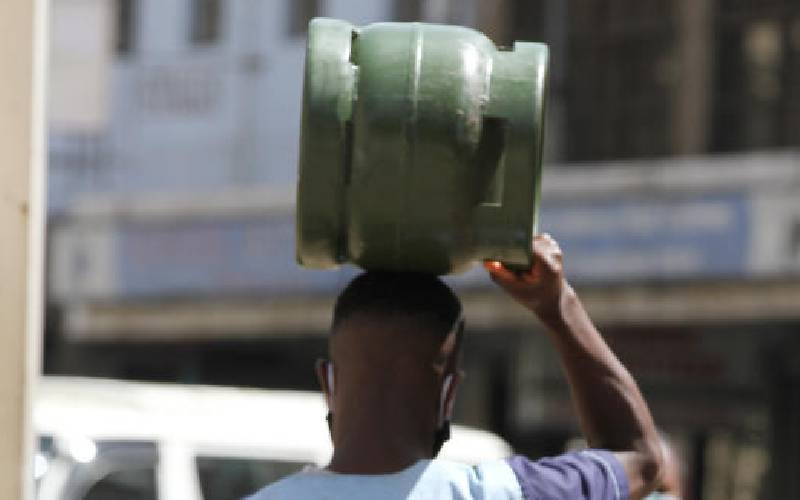×
The Standard e-Paper
Kenya’s Boldest Voice

The government is set to block the importation of cooking gas through its borders with Tanzania as it seeks greater oversight in the petroleum sub-sector in a bid to stem illegal refilling.
The Energy and Petroleum Regulatory Authority (Epra) said on Monday it plans to review the law and restrict the importation of Liquified Petroleum Gas (LPG) through the Open Tender System (OTS).